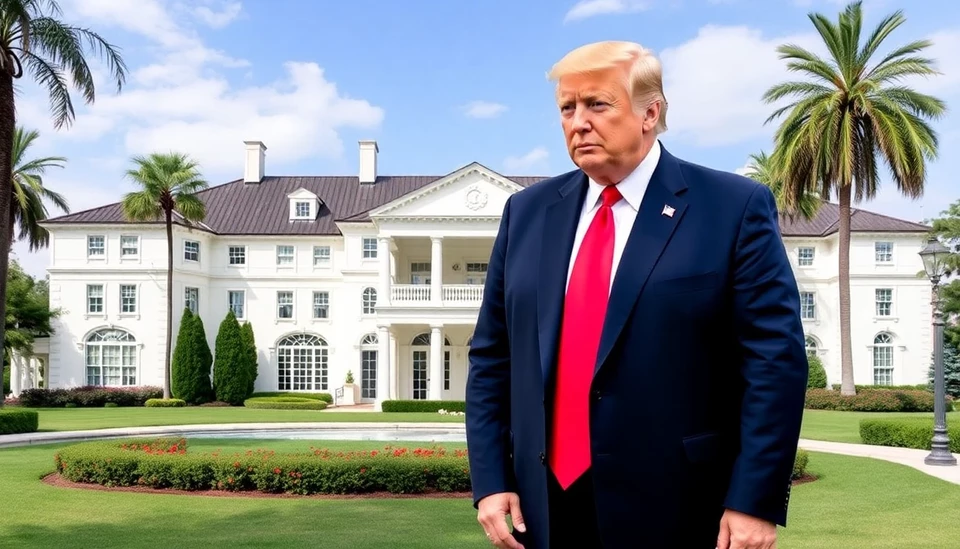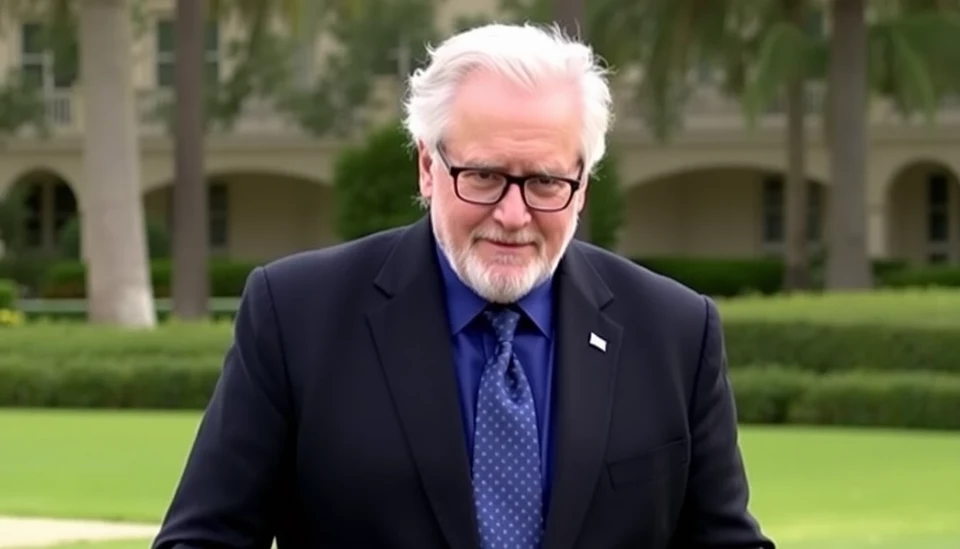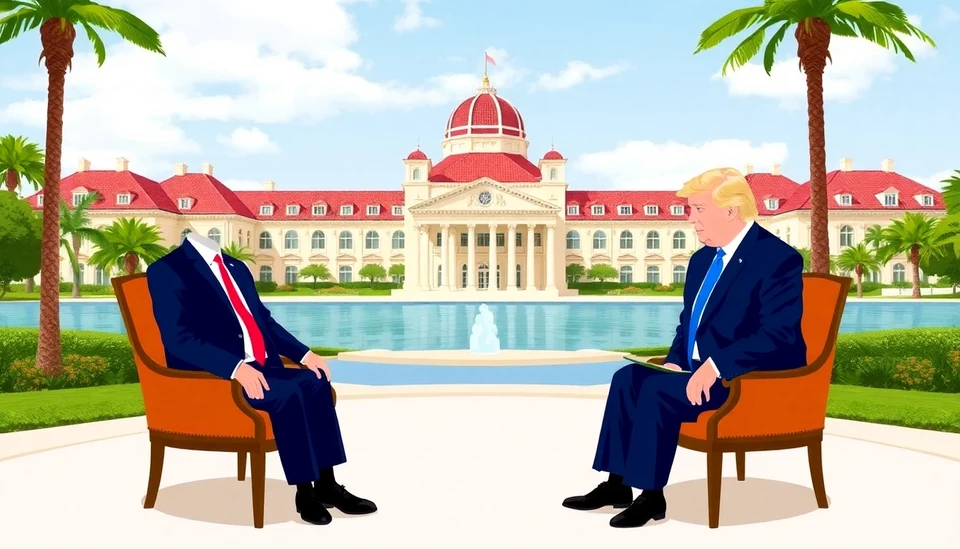
In a recent conversation, financial expert Jim Millstein underscored the significant risks associated with a proposed accord related to Mar-a-Lago, the private club owned by former President Donald Trump. This discussion comes at a time when tensions around such agreements are heightened, and the stakes for involved parties could not be clearer.
Millstein, who has an extensive background in financial and legal advisory roles, pointed out that any arrangement involving Mar-a-Lago must be approached with utmost caution. He explained that the potential implications of such a deal extend far beyond mere financial transactions. There are broader socio-political ramifications to consider, including how these accords could shape public perception and influence ongoing debates surrounding trust and governance in political practices.
The crux of Millstein's argument revolves around the unpredictability of the outcomes tied to any accord established in this high-profile context. With Trump's club being a focal point of various controversies and political narratives, Millstein emphasized that stakeholders must acknowledge the volatile environment in which they are operating. He indicated that the political climate surrounding such deals might muddy the waters, complicating negotiations and potential agreements.
Moreover, Millstein likened the situation to navigating a complex financial landscape marked by soaring risks. He articulated that while some parties might view the Mar-a-Lago deal as an opportunity, it is equally a minefield filled with potential pitfalls. The analysis drew parallels between traditional fiscal investments and political endeavors, stressing that both domains are fraught with uncertainty yet can yield significant rewards if managed effectively.
As part of his evaluation, Millstein called attention to the importance of transparency and accountability in any transactions involving Mar-a-Lago. He asserted that stakeholders should prioritize building trust among the involved parties to mitigate prospective backlash. The former government advisor urged all participants to consider how their actions may be perceived by the public and how they might reflect on broader institutional integrity.
In summary, Millstein's insights raise crucial points about the implications of any accord with Mar-a-Lago. He advocates for a more cautious and strategic approach, reminding stakeholders that the political and financial landscapes can have overlapping consequences that need to be navigated with precision and foresight. As the discourse continues to evolve, Millstein's warnings resonate with a sense of urgency, perhaps hinting at the complexities ahead in this contentious chapter of American political finance.
Given the dynamic nature of politics and finance, the discussion around Mar-a-Lago is sure to persist, and stakeholders will be watching closely for the next developments in this compelling narrative.
#MarALago #JimMillstein #PoliticalFinance #RiskManagement #Stakeholders #Transparency #Accords #DonaldTrump #Caution #PublicTrust
Author: Daniel Foster




